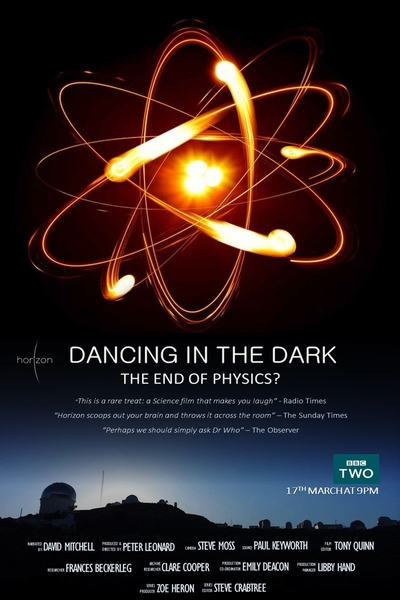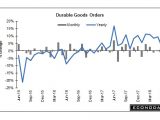
The End of Physics
July 26, 2018Science is maybe only three times as old as Eli (Eli is very old, has he mentioned that recently) maybe 5 if you count back to Newton. About a month and a half ago, the Bunny pointed out that physics was the simplest science, the one where you could most easily combine and contrast observations with theoretical descriptions in useful models. It is also the science where humans have gone the farthest. That raises the interesting question as to whether we have reached the end of physics or if a lagomorph prefers, the end of physics that a bunny can understand or do or use for other ends. Comes to the same thing
There is little doubt that progress on foundations of physics finds itself in a traffic jam of a multitude of unprovable theories. String theory, the multiverse, and other attempts to break out have not been very successful, one could say not at all for more than a few decades. Astronomy, confronted with the issues of dark matter or modified gravity may not be far behind.
Attempts to go beyond the current paradigms for gravity and quantum behavior have become increasingly fanciful. Peter Woit, on his blog, Not Even Wrong, has chronicled the search. Sabine Hossenfelder, on her blog Backreaction and book Lost in Math: How Beauty Leads Physics Astray grapples with these issues. Both are optimists in that they think that further progress is possible. Eli maybe not so much.
John Horgan, in 2012, wrote about an interview he had with Thomas Kuhn. There is much of what Kuhn says that Eli disagrees with but perhaps more on that later. For example, Kuhn appears to miss much of the interplay between observations and theory and models. He also appears to fall into the philosophers trap of what does a thermometer measure, however there is a disturbing for us thread in the interview.
Kuhn described normal science as the working out of puzzles within an accepted framework or paradigm. IEHO, for some areas it is almost certain that humans have approached the point where no further changes are likely. Paradigm shifts in those areas are jogs not car crashes, and most often the new is simply an extension of the old to more extreme, smaller, or larger conditions. Extension rather than revolution is something that the follow on to physics sciences are now experiencing.
In that sense it is to be expected, that for example in chemistry, many new, exciting and useful puzzles will be solved in new ways but don't expect the hydrino revolution. Ain't happening folks.
New foundational science can end. It might have already done so in physics


